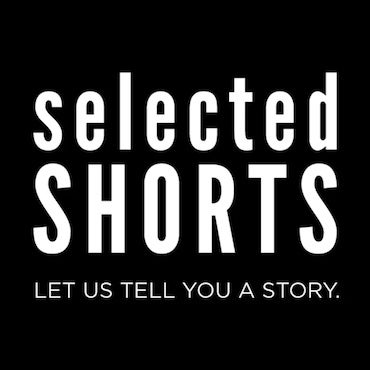Healing with acupuncture
Military doctors are using state of the art medical care to treat wounded soldiers but they’re also applying the ancient Chinese practice of acupuncture to help manage pain.
Military doctors are using state of the art medical care to treat wounded soldiers but they’re also applying the ancient Chinese practice of acupuncture to help manage pain. Private sector acupuncturists in 20 cities, including Philadelphia, are running free acupuncture programs for active duty military and veterans to relieve stress.
Caption: 24-year old Jack Schumacher in his hospital bed at Walter Reed Army Medical Center after receiving acupuncture.
Visit The Impact of War web page for more stories.
Listen:
[audio: iow20090708.mp3]
Colonel Richard Niemtzow is an Air Force doctor and the military’s most respected acupuncturist. On this morning, he’s making rounds at Walter Reed Army Medical Center in Washington D.C. He’s treating 24-year old army sergeant Jack Schumacher in a hospital bed.
Niemtzow: How bad is your pain then? Can you describe it?
Schumacher: They usually go by the 1 to 10 scale. Right now it’s about a 5.
So Niemtzow gets started and inserts a gold-colored needle, no larger than a centimeter, along Schumacher’s right outer ear.
Niemtzow: Did it drop your pain down?
Schumacher: No.
Niemtzow: I’ll do another one.
As Niemtzow continues to insert more needles, Schumacher closes his eyes and breathes deeply. His fingers rest on a hand-knitted blanket, which hides his bandaged right knee where the leg was amputated. He got injured this past May in Afghanistan when his convoy was hit by a rocket-propelled grenade.
Niemtzow: How do you feel right now that the needles have been in your ears for almost 15 minutes?
Schumacher: I feel fine. I feel excellent. My body feels great.
Niemtzow: Your pain level sir?
Schumacher: Pain level is still at 4. I can still feel throughout my legs, rushes. But it’s not the sharp pain.
Schumacher sits comfortably with five needles stuck in each ear. They look like piercings and will naturally fall out in several days. Compared to the painkillers he’s also taking, Schumacher says he’s noticed that acupuncture relieves his pain quicker and doesn’t make him feel loopy. Dr. Niemtzow calls this technique battlefield acupuncture. He originally designed it in 2001 to provide rapid pain relief for soldiers in combat.
Niemtzow: For instance, if you were a sharp shooter or a frog man, that you’re going to dive in the water and you had a terrible headache, you probably wouldn’t do it. But suppose instead of taking the narcotic, which would cloudy his head and remove him from the mission – you could put a 50 cent needle in his ear or a couple of them, make the headache go away and he could perform and get his mission over with.
But right now, battlefield acupuncture is mainly used on the home-front to help wounded soldiers manage their pain. The Air Force is the only branch in the military to have a full-time acupuncture clinic, and Niemtzow is currently running an acupuncture pilot project to train doctors across the armed forces. Colonel Arnyce Pock is the medical corps director for the Air Force’s surgeon general’s office.
Pock: When you can administer some acupuncture with a few strategically placed needles, and markedly reduce or totally relieve their pain and allow them to have their doses of narcotics markedly reduced, I have to admit that often times it’s incredibly convincing even to those who might be somewhat skeptical at the outset.
But active duty military, veterans and their families are starting to turn to acupuncture to relieve stress. Dave Schiman works in the civilian sector and is one of the organizers behind the Philadelphia Area Veterans Acupuncture Project, which started less than a year ago.
Schiman: Hearing about these guys coming back from Iraq and Afghanistan in a state of shock, being afraid every time a car backfires or a balloon pops and knowing the impact that has to have on their families and kids- opening up my practice to treat veterans for free was a way to give back to these guys who had given so much and a lot of them are suffering.
Even though acupuncture is being used in the military, it’s been difficult to attract veterans and their families. Schiman says he and his fellow acupuncturists are rethinking how to break down public skepticism, and how to strengthen ties with veteran and military support groups in the area.
WHYY is your source for fact-based, in-depth journalism and information. As a nonprofit organization, we rely on financial support from readers like you. Please give today.

